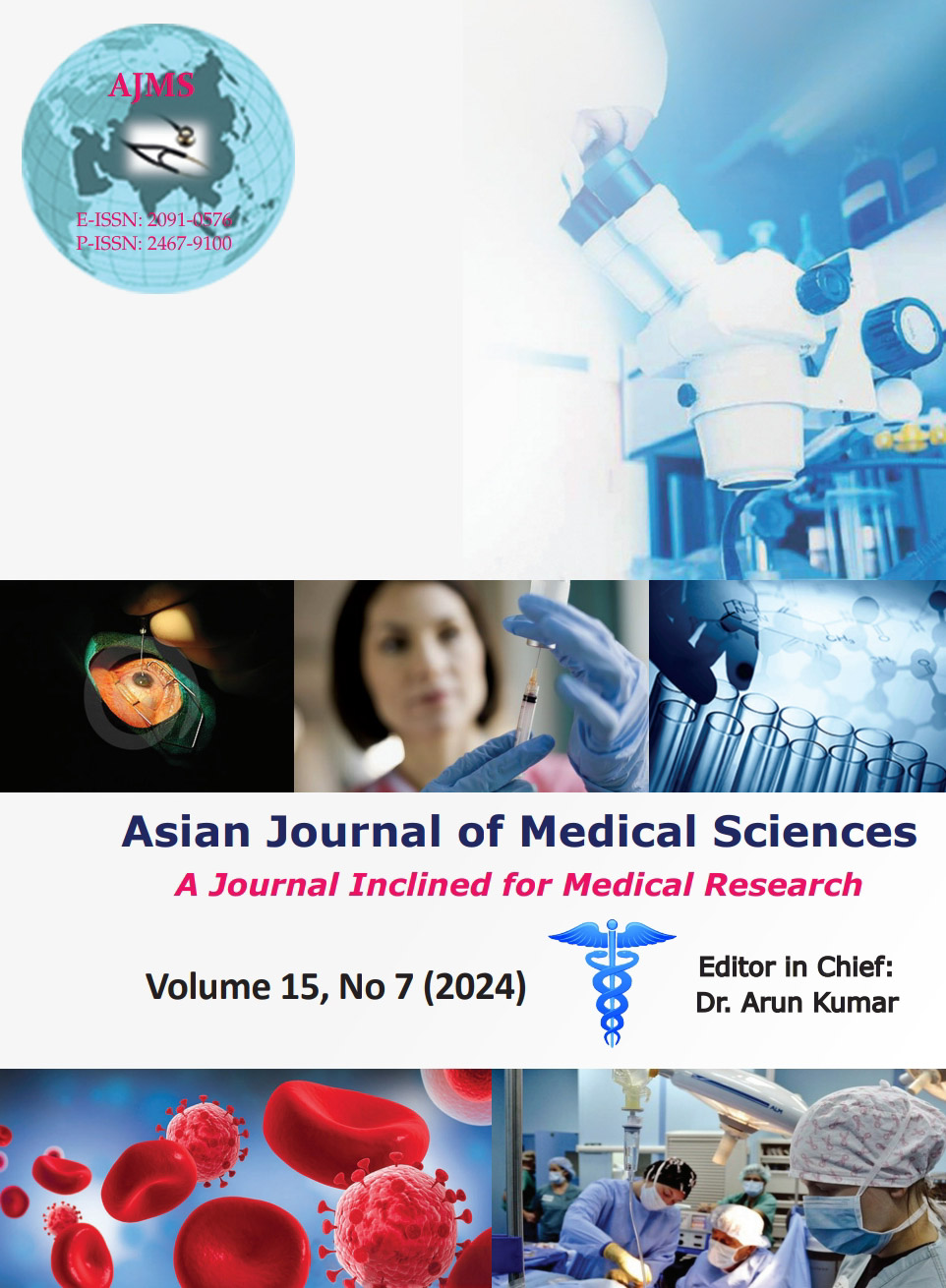A retrospective study on hearing outcomes of infants of COVID-19 mothers pre-vaccination era
Keywords:
Otoacoustic emission (OAE), Auditory brainstem response (ABR), Transmission evoked otoacoustic emission (TEOAE)Abstract
Background: A COVID-19 infection can result in a variety of symptoms. Findings must be carefully reviewed because there is still a dispute over the potential involvement of the audiovestibular system. Moreover, there is debate over the intrauterine transfer of COVID-19 infection from mother to fetus in pregnant people. There are not many investigations on the audiovestibular symptomatology of infants exposed to COVID-19 during pregnancy.
Aims and Objectives: This study looks at any potential links between the COVID-19 gestational infection and the start of hearing impairment in babies. The verification of hearing’s engagement in COVID-19 allows for the planning of the time and methods for children’s audiological evaluations.
Materials and Methods: Newborns had audiological examination and screening for hearing loss. The automatic transient evoked otoacoustic emissions (OAEs) test is used to evaluate newborns for hearing impairments before they are released from the hospital. By employing the COVID-19 case history, otoscopy, acoustic immittance test, transient evoked OAEs test, and mother, pregnancy, and perinatal case histories, an audiological examination is conducted on children under 3 months of age, with 2 weeks, 1 month and 3 months of age follow-up.
Results: The research comprised 100 children. Of these infants, 90% were part of the neonatal hearing screening initiative. Due to isolation protocols, the remaining 10 neonates did not undergo hearing screening; instead, a direct audiological examination was performed on them. Out of the 90 newborns that were tested, only 11 had a bilateral REFER test result, but the audiological examination revealed a normal hearing threshold.
Conclusion: There is no data in this study that a mother’s COVID-19 infection results in hearing loss in newborn.
Downloads
Downloads
Published
How to Cite
Issue
Section
License
Copyright (c) 2024 Asian Journal of Medical Sciences

This work is licensed under a Creative Commons Attribution-NonCommercial 4.0 International License.
Authors who publish with this journal agree to the following terms:
- The journal holds copyright and publishes the work under a Creative Commons CC-BY-NC license that permits use, distribution and reprduction in any medium, provided the original work is properly cited and is not used for commercial purposes. The journal should be recognised as the original publisher of this work.
- Authors are able to enter into separate, additional contractual arrangements for the non-exclusive distribution of the journal's published version of the work (e.g., post it to an institutional repository or publish it in a book), with an acknowledgement of its initial publication in this journal.
- Authors are permitted and encouraged to post their work online (e.g., in institutional repositories or on their website) prior to and during the submission process, as it can lead to productive exchanges, as well as earlier and greater citation of published work (See The Effect of Open Access).




